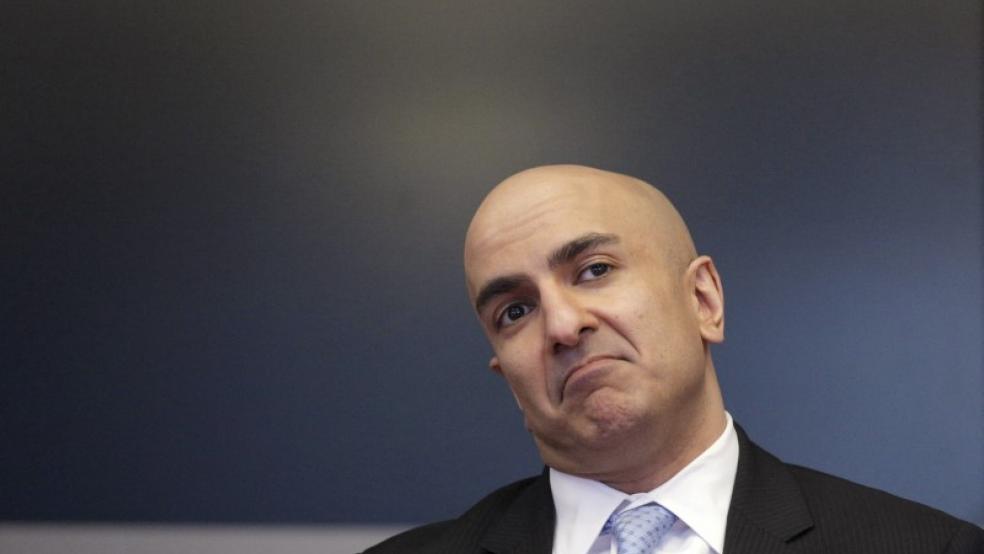MINNEAPOLIS (Reuters) - The Federal Reserve is launching a research institute to generate ideas elected officials might use to help more Americans benefit from a growing economy, Minneapolis Fed President Neel Kashkari said on Wednesday.
The Opportunity and Inclusive Growth Institute will be housed at the Minneapolis Fed and has the backing of Fed Chair Janet Yellen, who is urging economists inside and outside the U.S. central bank to participate, Kashkari said in a speech announcing the unveiling of the center.The Fed has appeared in recent years to be more closely following issues such as racial economic disparities and the widening gap between the rich and the poor, Staff economists on the Fed's Washington-based Board of Governors have prepared briefs on economic trends for different racial groups, while Yellen has flagged income and wealth inequality as major economic challenges.Congressional Republicans have criticized Yellen for expressing these views, which they saw as supportive of Obama administration priorities. She has also been castigated by liberal groups for failing to do more to fight inequality. Kashkari, who along with other policymakers has maintained that the Fed's policy toolkit is ill-suited to fix structural economic problems, said the new institute's mission of promoting opportunity was crafted to appeal across political lines. "We'd be foolish to ignore the political landscape we are operating in," Kashkari, who took the helm of the Minneapolis Fed a year ago, told reporters after his speech.Republicans and Democrats often agree the government should ensure all Americans have a chance to rise up the income ladder, but Republicans often disagree with Democrat proposals to redistribute wealth in order to lessen inequality. Kashkari said the Fed's trove of PhD economists are well-placed to help research why the unemployment gap between white and black Americans has been so persistent and why more recent generations struggle to move up the income ladder.The view at the Fed is that interest rate policy will guide average economic conditions across the country but policies on government spending and taxation can better help specific groups of people left behind in a growing economy."If we can do the research to understand the root causes of the problems and identify potential fiscal policy solutions or other approaches, I believe it is appropriate for the Federal Reserve to do that research," Kashkari said. (Reporting by Jason Lange; Editing by Meredith Mazzilli and Paul Simao)Minneapolis Fed unveils institute to aid fiscal policymakers

Kevin Lamarque



